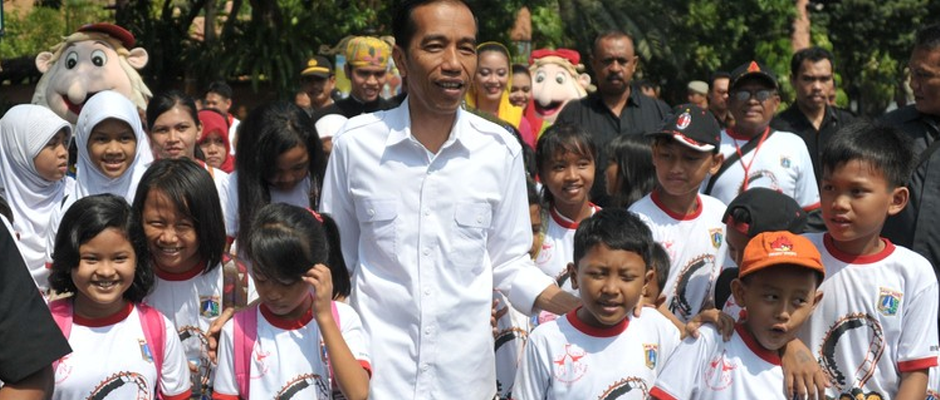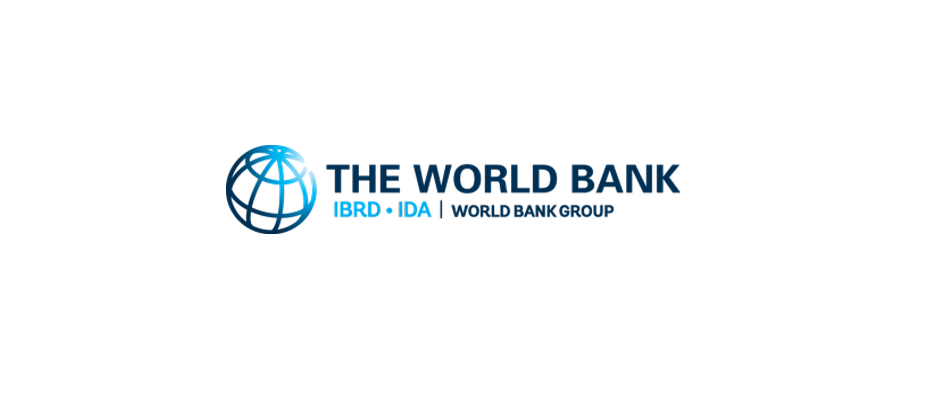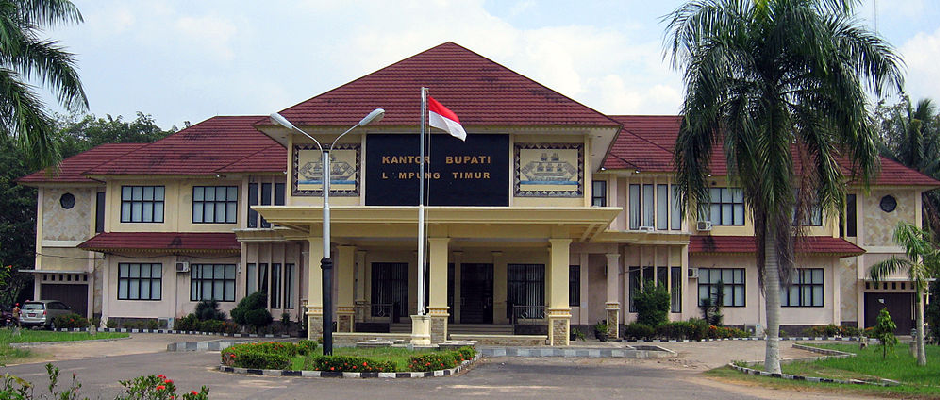
On December 9, 2015, Indonesians will elect nine provincial governors, 36 city mayors and 224 regents in the country’s first simultaneous local executive elections nationwide.
Since the fall of long-term autocrat Soeharto in 1998, Indonesia has adopted and implemented a range of decentralization measures, often with the stated aim of consolidating democracy. Direct local executive elections in particular have been hailed as a foundation on which both electoral democracy and good governance can develop. Yet the last 10 years seems to tell us something more complex.
Undoubtedly, Indonesia’s political institutions have fundamentally changed. The country’s polity is no longer authoritarian or centralized. Competitive elections have successfully become the essential mechanism of political integrity and democratic accountability.
Administrative decentralization, another key dimension of political change, has devolved a good deal of power and authority to local government. The introduction of direct elections of local government heads in 2005 was welcomed as a way of decentralizing Indonesia’s revived electoral democracy. Direct local elections are very popular and enjoy strong support among the grassroots. In essence, a direct local election allows people to exercise their political right to have a final say over who heads their government.
Indonesia’s electoral democracy indeed champions individual political rights; even former corruption convicts and those who have blood or marital ties to incumbent officials can run in these elections. In July this year, the Constitutional Court revoked Article 7 of the Regional Election Law and allowed family members of incumbent regional heads or former graft convicts to run in direct local elections.
In contrast, for skeptics, direct local elections embody the limitations and contradictions of Indonesia’s electoral democracy. The attitudes and practices of both candidates and voters have transformed electoral democracy into transactional politics. Party leaders do not mind endorsing corrupt politicians as long as they still have goodwill and electability, while voters are not ashamed of their sense of entitlement, or the deep-seated patronage mentality, with transportation money, T-shirts, rice and cooking oil, food and promises doled out as a form of political bribery. Patrimonial elite politics have not only persisted but become a dominant trait in the daily operation of political institutions.
Under these circumstances, it was unsurprising when major parties and their leaders voted in September 2014 for a bill that would end direct local elections and return to the previous electoral system, by which local legislators would elect the executive heads. Then president Susilo Bambang Yudhoyono issued a government regulation in lieu of law to overturn the bill, which was upheld unanimously by newly sworn-in parliamentarians in January 2015. This week, tens of millions of Indonesians will vote to elect 269 local government heads.
Not only has the institution of direct local elections survived the political maneuvers of major parties, this month’s elections are also remarkable in terms of the increased participation of women and the further weakening of parties: The proportion of women candidates increased to 7 percent, more than double the average of the past 10 years, although only one woman is standing as a gubernatorial candidate. The proportion of independent candidates, similarly, has increased substantially to 19.3 percent, while again, there is only one pair of independent gubernatorial candidates out of 21 pairs competing in nine provinces.
Skepticism seems to prevail. Despite the General Elections Commission’s (KPU) aim to improve financial efficiency, running local executive elections has become more costly than ever. This is not just because candidates heavily rely on “money politics” but because voters have adopted pragmatism to console their disappointment with the slow and messy democratic political process. Money symbolizes the kind of leadership that local executive candidates promise to voters in exchange for their support.
In this context, the recent rise of populism, exemplified by President Joko “Jokowi” Widodo’s great leap from the small city of Surakarta to the State Palace (via the mayoralty of the capital), seems to have further encouraged, rather than dissuaded, local politicians to focus on their capacity to maintain power and influence by redistributing wealth and promising free education and health.
It is difficult not to be cynical about politicians, but it is important to acknowledge the existence and achievements of new breeds of local politicians, such as Jakarta Governor Basuki “Ahok” Tjahaja Purnama and former Surabaya mayor Tri “Risma” Rismaharini. They have exemplified and thus been revered not only for their generosity, but more importantly, their responsiveness and accountability to the people.
It will be interesting, then, to see how many of the likes of President Jokowi, Governor Ahok and Mayor Risma will emerge or reemerge in power on December 9.
Nankyung Choi is assistant professor in the Department of Asian and International Studies at the City University of Hong Kong.
This article was originally published on The Jakarta Post , December 7, 2015.



